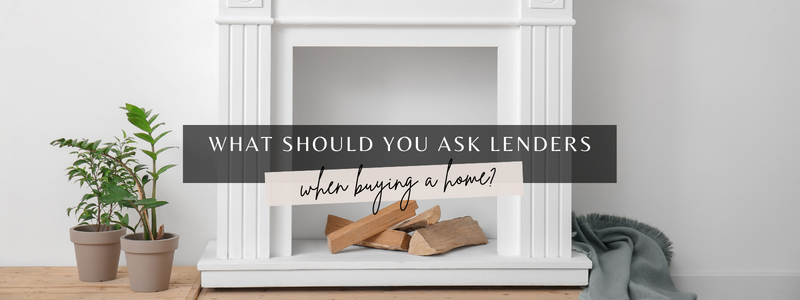
Empower yourself with knowledge and know the steps involved.
Buying a home requires more than finding the perfect home. First, you need financing, or it’s not going to happen!
Here’s what to know going in…
How Much do I Need for a Down Payment?
Your down payment depends on the loan program you choose. For example, VA loans don’t require a down payment, but FHA loans require 3.5% down. Conventional loans require 5% down in most cases, and if you put down less than 20%, you’ll pay Private Mortgage Insurance or PMI. Keep in mind that FHA and VA loans have more stringent appraisal guidelines and these can scare off sellers for fear that the Buyers will make them jump through too many hoops, but these loans can often be the difference between people being able to buy a home – or not.
Discuss your down payment options and how much you should put down to get the best rate and terms on your loan. Gift funds can often make or break a deal for first time homebuyers.
What’s the Best Interest Rate and how do I Get It?
Interest rates are much higher this year than last, so you should talk to your lender about how you can lower your rates.
They’ll look at your qualifying factors and tell you what you can improve to ensure you get a lower rate. You can also ask about the possibility of buying the rate down (paying points) to lower the interest rate to keep it even lower.
When Should I Lock my Interest Rate?
You must lock your interest rate before closing on the loan, but your loan officer can tell you the best time to do it. Most rate locks are free for 30 days, but if you must lock it for longer, it might cost you.
It’s best to lock your rate after you sign a purchase contract, so you have a better chance of closing on the loan before it expires, but always ask your lender when it’s the best time to lock.
How Much are Closing Costs?
You’ll need more than the down payment to close on your loan. You’ll also pay closing costs, title and escrow fees etc.. Most lenders charge 3% – 5% of the loan amount in closing costs. Ask your lender what the total cost of the loan is and have your Realtor have a title officer run numbers for you too so that you know ahead of time how much you may need to put aside to cover these costs.
Some loans allow you to wrap some closing costs into them if you don’t have the funds upfront. If you’re worried about affording the closing costs, talk to your lender about your options.
Final Thoughts
Knowing what to ask lenders before you buy a home is important. Mortgage financing is one of the most important aspects of buying a home. Without a mortgage, you’d need cash to buy a home, and most people don’t have enough cash for a purchase of that size.
It’s a good idea to get quotes from at least three lenders and to get to know their process. No two lenders offer the same rates and terms or have the same process. You might find one lender has an easier process and better rates than another, which can mean the difference of thousands of dollars.
Keep in mind that working with an experienced local lender and an experienced Realtor will significantly improve the strength of your offer. If dealing with multiple offers a listing agent will review many factors with the Sellers. One of which will be who the Buyers agent is, who the Buyers lender is, and whether they are reputable and true to their word. When they receive an offer from a lender they know does a great job and will bring the transaction to a successful close, it can often mean the difference between getting your offer accepted, or not.
Any questions – reach out to me at any time!


